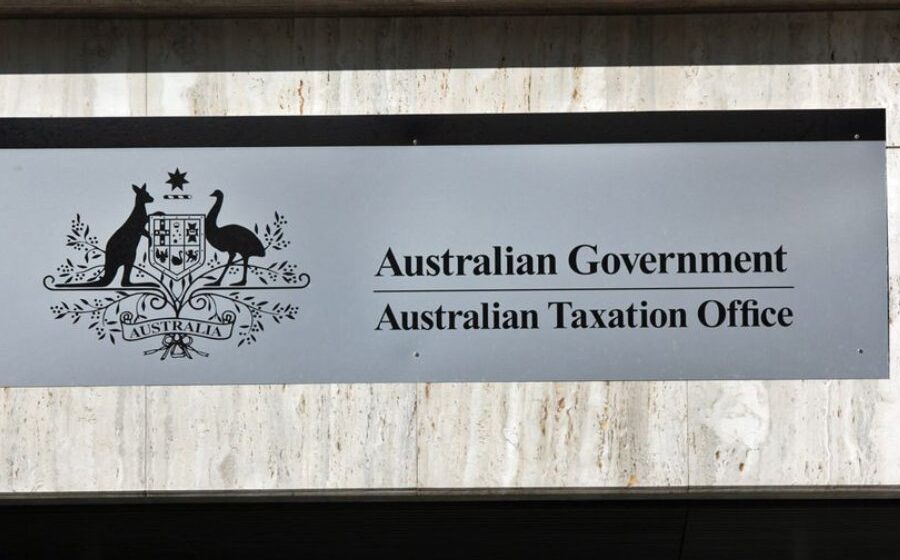The Australian Tax Office (ATO) has outlined four key areas it will target this financial year, with gains made on cryptocurrency, property and shares high on the agenda.
As tax time looms, the ATO said this year it will be focusing on record-keeping, work-related expenses, rental property income and deductions and capital gains made from crypto assets.
Assistant Commissioner Tim Loh said the ATO would be targeting areas where people commonly made “mistakes” and urged all Australians to rethink their claims.
Of particular note would be the way Australians invest – and deduct – costs associated with cryptocurrency.
If Australians disposed of an asset such as property, shares, cryptocurrency or even a non-fungible token (NFT), they will need to calculate a capital gain or capital loss and record it in their return.
“Crypto is a popular type of asset and we expect to see more capital gains or capital losses reported in tax returns this year. Remember you can’t offset your crypto losses against your salary and wages” Loh said.
“Through our data collection processes, we know that many Aussies are buying, selling or exchanging digital coins and assets so it’s important people understand what this means for their tax obligations.”
He advised Australians to start thinking about their tax now to avoid the stress – or financial penalty – of a late or incorrect return.
“We know there is still some weeks left until tax time, but if you start organising the income and deductions records you’ve kept throughout the year, this will guarantee you a smoother tax time and ensure you claim the deductions you are entitled to,” Loh said.
The assistant commissioner said every claim must satisfy the “three golden rules” of tax, meaning you must have spent the money yourself and not been reimbursed, you can only claim the work portion of an expense and you must have a record to prove it.
The slow wind down of COVID-19 restrictions means the ATO is also expecting work-from-home deductions to fall this year.
“Some people have changed to a hybrid working environment since the start of the pandemic, which saw one in three Aussies claiming working from home expenses in their tax return last year,” Loh said.
“If you have continued to work from home, we would expect to see a corresponding reduction in car, clothing and other work-related expenses such as parking and tolls.
“Each individual’s work-related expenses are unique to their circumstances.
“If your working arrangements have changed, don’t just copy and paste your prior year’s claims.
“If your expense was used for both work-related and private use, you can only claim the work-related portion of the expense.
“For example, you can’t claim 100 per cent of mobile phone expenses if you use your mobile phone to ring mum and dad.”
Those chomping at the bit to have their tax return in their bank account are also being urged to wait until the pre-fill has been done on their account, which is generally complete by the end of July.
Pre-fill information – which includes interest from banks, dividend income, private health insurers and more – generally avoids mistakes or missed deductions from manually inputting all income.
“You can check if your employer has marked your income statement as ‘tax ready’ as well as if your pre-fill is available in myTax before you lodge. That way, an amendment doesn’t need to be made later, which could result in delays to your refund,” Loh said.
“While we receive and match a lot of information on rental income, foreign sourced income and capital gains events involving shares, crypto assets or property, we don’t pre-fill all of that information for you.”



